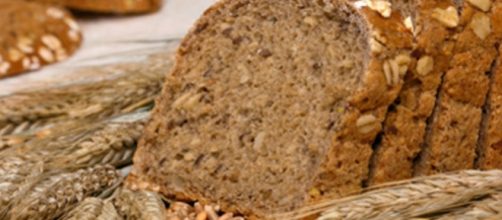Consuming whole grains is closely related to a decrease in heart disease and cancer according to a recent investigation of Harvard University. Researchers found that eating 75 grams of wholes grains a day can lower by 25% the risks of premature death, as opposed to those who lack whole grains in their diets. A whole grain consists of the bran, the germ, and the endosperm, in contrast, refined grains contain only the endosperm. Some common kinds of whole grains include; brown rice, oat, barley, rye, amaranth and whole-wheat bread, among others.
Harvard studies on whole grains
The study found that people who eat four servings (16 g a serving) of whole productsa day live longer than those who eat little or no grains. The study researched around 786,000 people from three different countries from 1970-2010. It was found that people who ate 70 grams of whole fooda day lowered their risk of premature death, cancer and heart disease by 22, 20 and 22 percent, respectively, compared to people who did not include the whole granulein their diets. The factors at risk were measured during the 40-year research.
Health effects
Eating whole grains has been highly related to a decline in cardiovascular disease, cancer, and premature death. The regular ingestion of whole grains diminishes LDL and triglyceride levels, contributing to about 25% reduction of heart-related diseases; moreover, the consumption of these kinds of grains also lessens the risk of hypertension, diabetes, and obesity.
On the contrary, the conniption of refined grains can have negative effects on the overall health of an individual.
Other benefits.
The ingestion of whole grainhas also been linked to a reduction of stroke, type 2 diabetes, good blood pressure levels and weight. When the participants in the study reported an increase in their consumption of whole grains the risk factors lowered even more. The soluble fiber contained in grains slow digestion, which may prevent the spikes in blood sugar.
In the study, 16 grams serving of whole grains is about one-half of a cup of brown rice. The servings of other whole grains may vary; however, it´s best to check the nutritional information of every whole grain product to be sure about the right amounts per serving. Among the many benefits that these kinds of foods can provide include, protein, vitamins, minerals and fiber,

